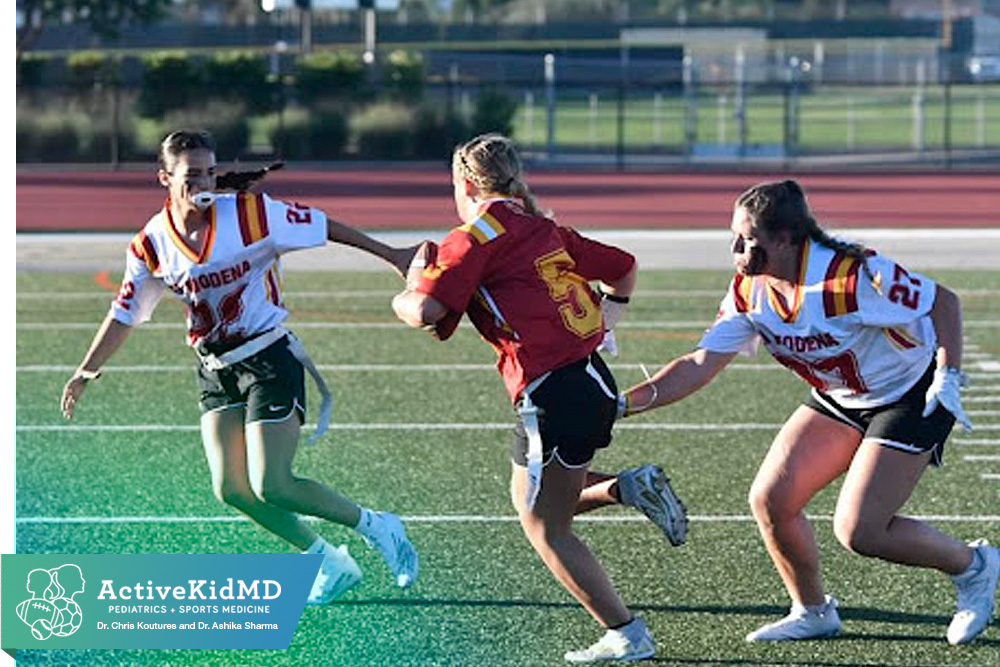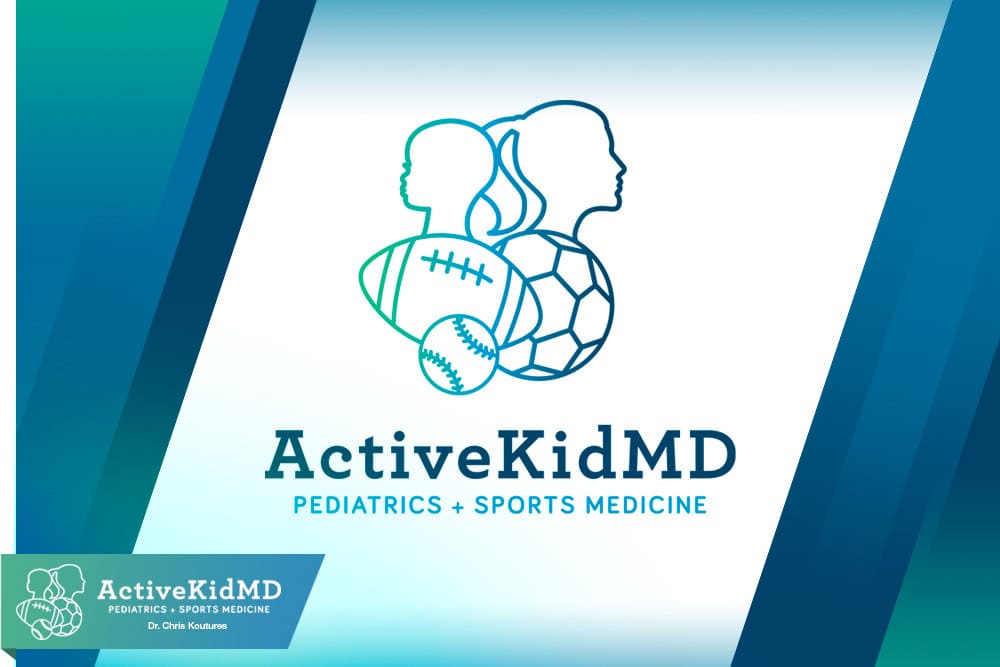Advice by Sport: Football
How Can I Reduce The Risk Of My Child Getting Hurt In Football?
- Do not tackle with the head. Look straight at the opponent when making a tackle and do not lead with the head or bend the neck at the point of contact. Banning spearing and teaching proper head position when tackling have reduced serious neck injuries and paralysis.
- Learn proper technique- younger athletes should focus on the basics- throwing, blocking, tackling, and most importantly- learning how to absorb a tackle. Make sure coaches are well trained in safe techniques and these skills are reviewed in every practice or game.
- Wear well-fitting, appropriate safety equipment in good repair. Do not even think of taking the field without a full set of equipment and make sure it fits the athlete well especially the largest and smallest members of a team.
- Check equipment (especially the helmet air bladders) once a week, and make immediate repairs when needed.
- Do not forget the importance of eye protection and mouth guards- no quicker way to destroy several thousand dollars of orthodontic work with one blow to the mouth.
- Create teams with appropriate weight and age divisions- 2-3 year age differences or 30-40 pound weight discrepancies have great potential for injury in youth football.
- Be real careful about making weight or weight loss techniques as cutting weight or rapid weight gains can create health issues for young children. Do not force any child to rapidly gain weight or lose any weight without consulting a pediatrician or sports medicine physician.
Is There A Particular Helmet Or Mouth Guard That Can Better Prevent My Child From Getting A Concussion?
There is no helmet than can provide 100% protection against concussion, and studies have failed to find certain types or brands of helmets or mouth guards that are superior in ability to prevent concussions. Helmets can protect against direct trauma to the face and scalp, but cannot be endorsed to fully prevent rotational forces that can create concussions.
How Can My Child Best Prepare For August Early Season Practices?
- Football players should prepare for pre-season practices by asking coaches for training recommendations and doing some pre-conditioning in the weeks before the practices begin.
- Adequate hydration is absolutely essential: drink 2-3 large glasses of fluid throughout the day before practice, then drink regularly through practice.
- Get in the habit of weighing players before and after practice- for every pound lost, drink 2 large glasses of fluid (about 16 ounces) after practice. A properly re-hydrated athlete has regained all lost weight and has clear urine (looks like water).
- Wearing lighter clothing and removing unnecessary equipment during running or conditioning drills can also help with sweating and heat loss.


